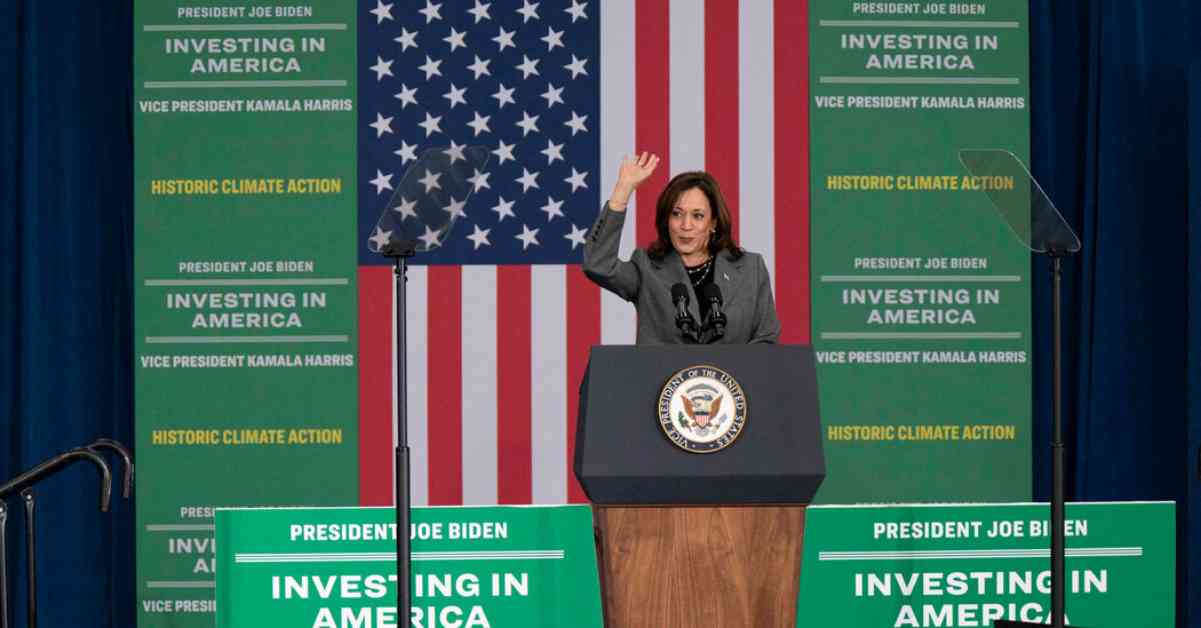Kamala Harris, the Vice President of the United States, has been vocal about her skepticism towards free trade agreements in the past. While she has claimed not to be a protectionist Democrat, she has also made it clear that she does not align with the free-trade ideology. Her stance against agreements like the North American Free Trade Agreement (NAFTA) and the Trans-Pacific Partnership has raised questions about her future trade policies.
Although trade has not been a primary focus for Ms. Harris in the same way it was for former President Donald J. Trump, her voting record indicates a level of skepticism towards trade deals. Her decision to vote against the United States-Mexico-Canada Agreement (USMCA) suggests that she may lean towards the progressive wing of the Democratic party, which is generally wary of trade agreements that focus on market access.
While there is limited information available about Ms. Harris’s specific trade policies, her emphasis on environmental issues in relation to trade deals provides some insight into her potential approach. She has criticized trade agreements for their lack of measures to address climate change and protect the environment. For example, she found the environmental provisions of the USMCA to be insufficient and believes that the agreement fails to adequately address the current climate crisis.
As Ms. Harris continues her political career and potentially seeks the presidential nomination, her views on trade and economic issues are expected to be a key point of discussion. While some experts describe her as a “blank slate” when it comes to trade, her voting history and public statements suggest a leaning towards trade skepticism, especially in the context of environmental concerns.
Overall, if Kamala Harris were to become the President of the United States, her trade policies could prioritize environmental protection and climate action. This focus on sustainability and addressing global challenges like climate change may shape her approach to future trade agreements and negotiations. As the political landscape evolves, it will be interesting to see how Ms. Harris’s trade stance develops and influences broader economic policies.





















